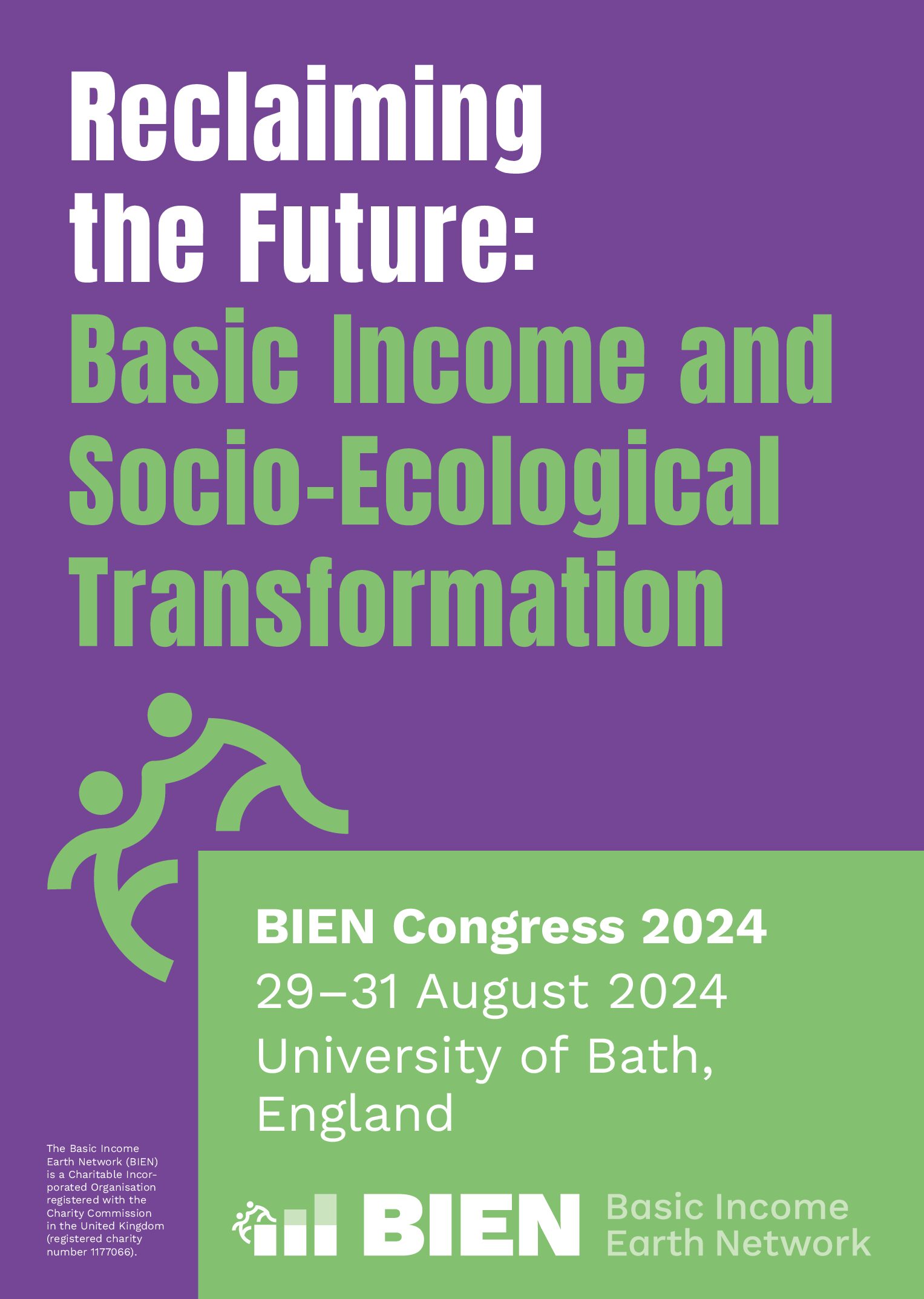
Register Now for the 2024 BIEN Congress in Bath, UK
The 2024 BIEN Congress is being held in Bath, UK, from 29-31 August. You can now register at the conference website.

The 2024 BIEN Congress is being held in Bath, UK, from 29-31 August. You can now register at the conference website.

“Despite the valiant efforts of many individuals and organisations, the rate of homelessness in Greater Manchester is still increasing.
A study by Shelter published in January 2023 stated that the three local authorities with the worst homelessness rate in the North West were all within Greater Manchester: Manchester, Salford and Oldham. Both the total number of homeless people and the rate of homelessness in Manchester have been steadily increasing over the last five years, according to Shelter’s annual reports – despite homelessness prevention schemes by local authorities like Manchester City Council.
So what is to be done? Are there any radical ideas we could try to turn this tanker around?“
To learn more about this online event including the speakers and link to register, click here.

“This workshop is presented by the History and Philosophy Department of the University of New Orleans in collaboration with the Centre for Ethics, Politics and Society, at the University of Minho, and the Justice Studies Program at the University of New Orleans. It will be held at the University of New Orleans, February 22-23, 2024 at the Dougie Hitt Conference Room, at the Library, room 407, 2000 Lakeshore Dr, New Orleans, LA 70148.
The workshop is organized by Sara Bizarro (University of New Orleans) and Roberto Merrill (UBIECO project at the Centre for Ethics, Politics and Society/University of Minho).”

by Annie Miller
“When I was invited to give the Opening Address, I wondered ‘What could I talk about?’. However, I realised that, even after more than three decades in the business, I am still learning new things that I could share.
I had also had the privilege of attending the first of the current wave of Basic Income (BI) conferences, in September 1986, in Louvain-La-Neuve, Belgium, organised by the Collectif Charles Fourier. I reflected on how things have changed over the last 37 years.”
To read the full report, click here.

When: Friday 5th January 2024, 14:00 – 15:30
Where: Oxford Real Farming Conference 2024, Blue Boar House, INTER-VARSITY ROOM
Facilitators: Hamish Evans, Dot Tiwari, Jake Richardson & Kathleen Pollitt
Speaker: Guy Standing
“From labourers to landowners, livelihoods in agriculture are often precarious. A lack of funded pathways into farming makes careers in producing food both hard to access and difficult to sustain. Finding ways to support these livelihoods will be critical to building the resilient, sustainable and just local food systems we need. This is an interactive workshop as well as the launch of the campaign, with initial insights from a year of hosting conversations with farmers around the UK. BI4FARMERS is a campaign created by a fresh working group of growers, farmworkers, farmers, academics and union co-ordinators. The aim of the campaign is to encourage farmers and food producers to discuss possible solutions to the financial barriers they face.”

The podcast was part of a series, The Morality of Everyday Things
“After having previously said over and over that we’ll “do UBI properly at some point”, the time has come, and what better way to approach this question than including the man who quite literally wrote the book on it, Guy Standing. A professor in Economics at SOAS, who spent many years at the International Labour Organization and founded the Basic Income Earth Network (BIEN), this episode is really more about Guy than us – with us questioning him on what drives the moral imperative for everyone receiving basic income.”
To listen to the podcast, click here.